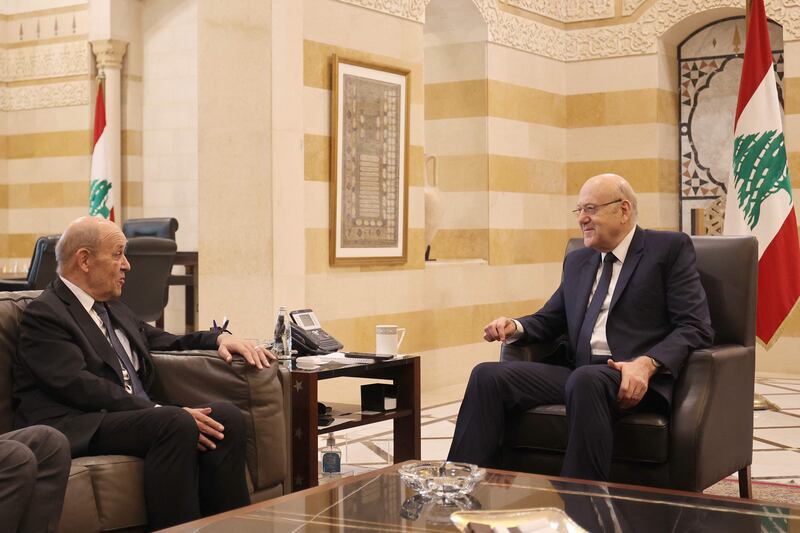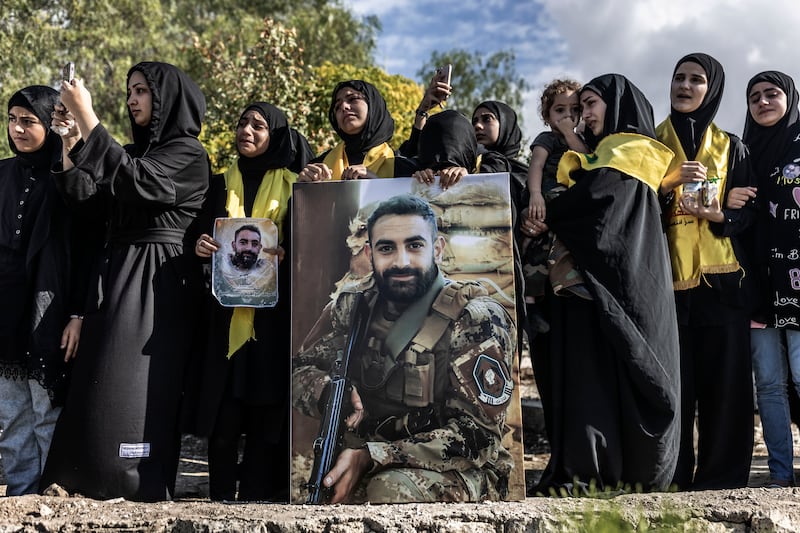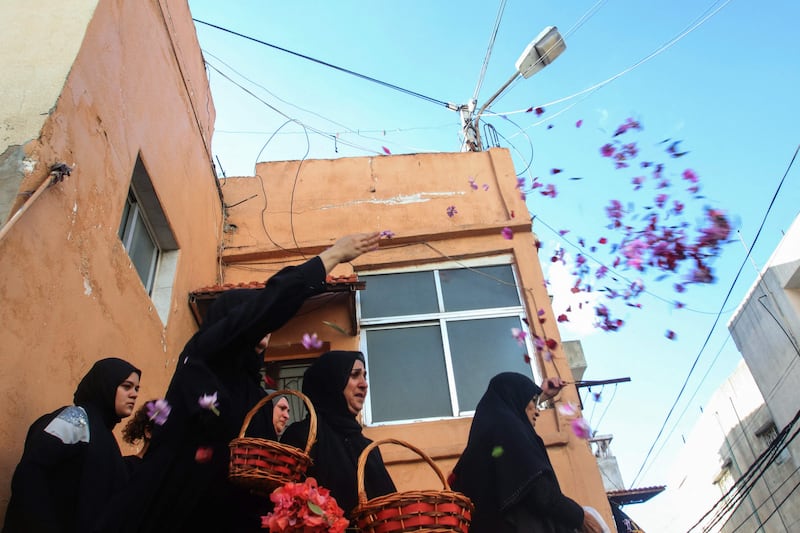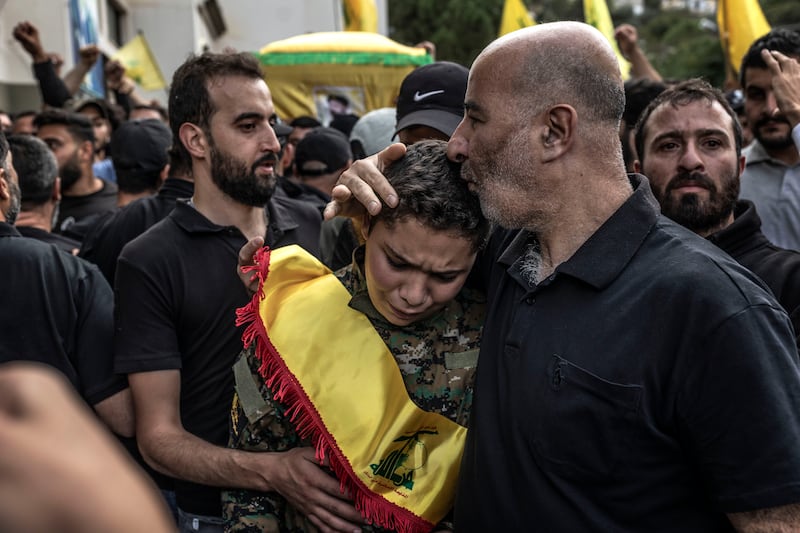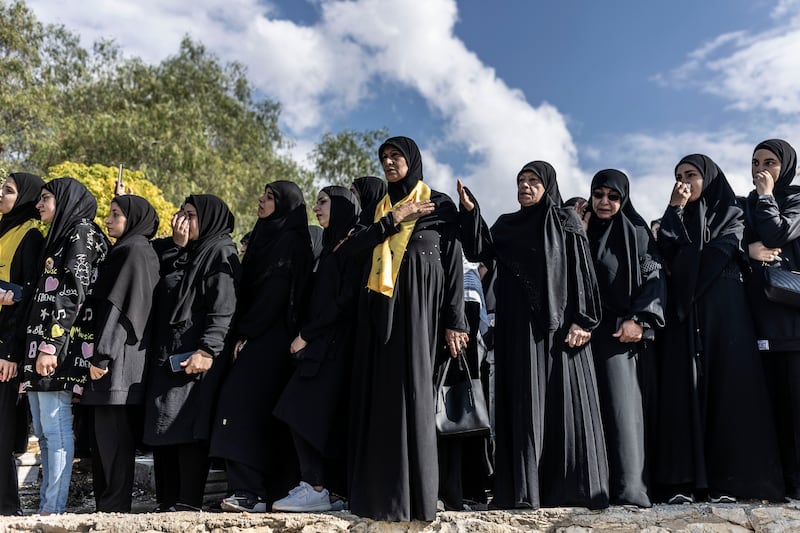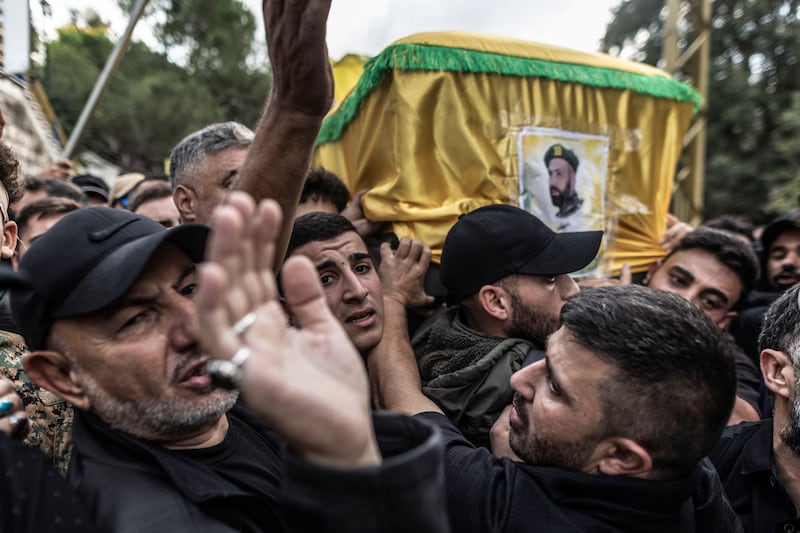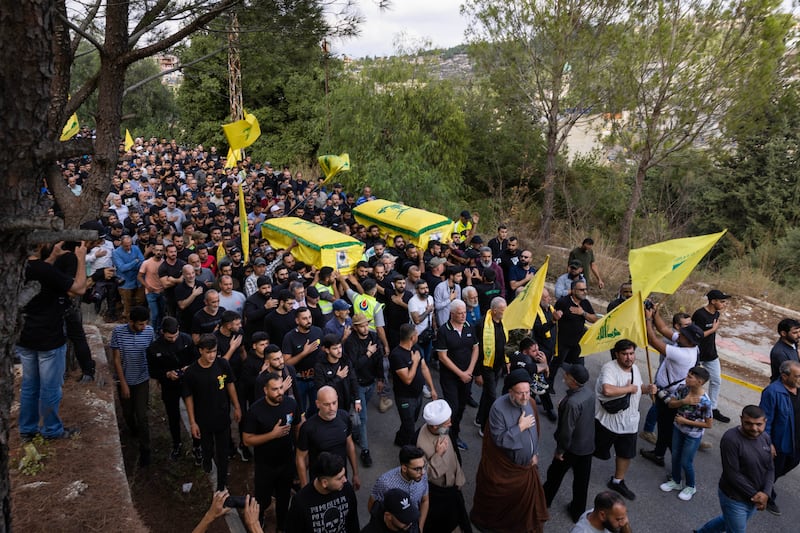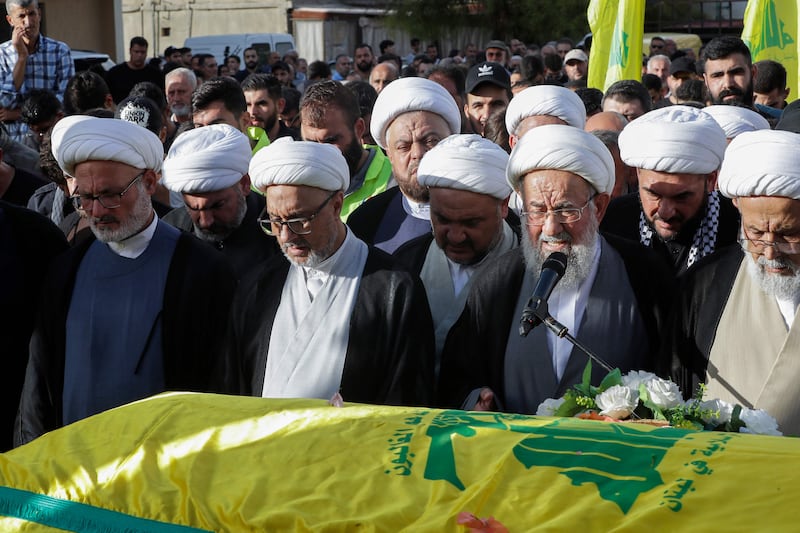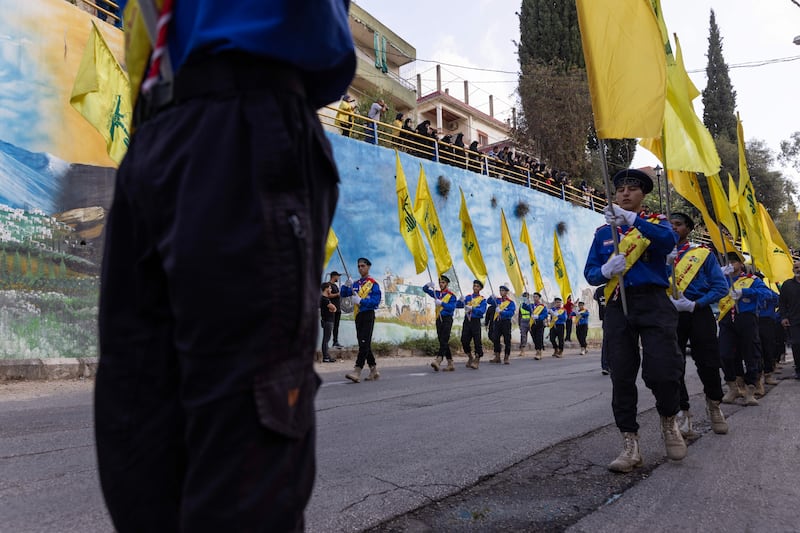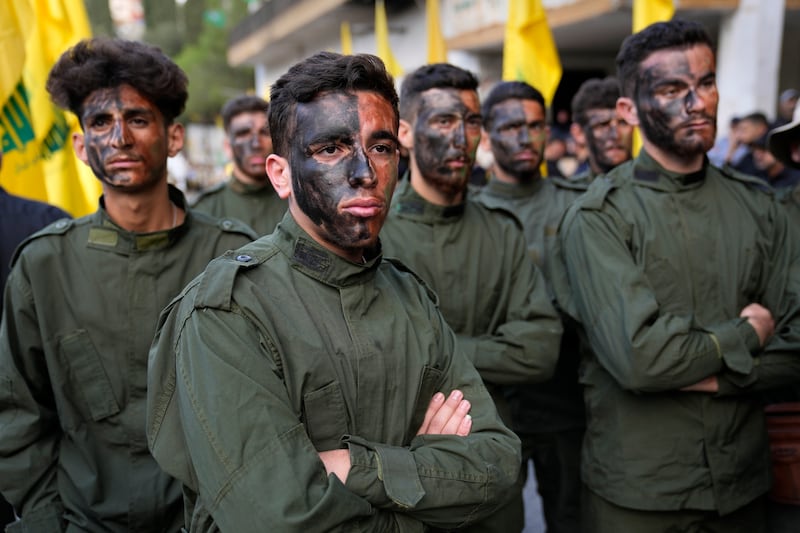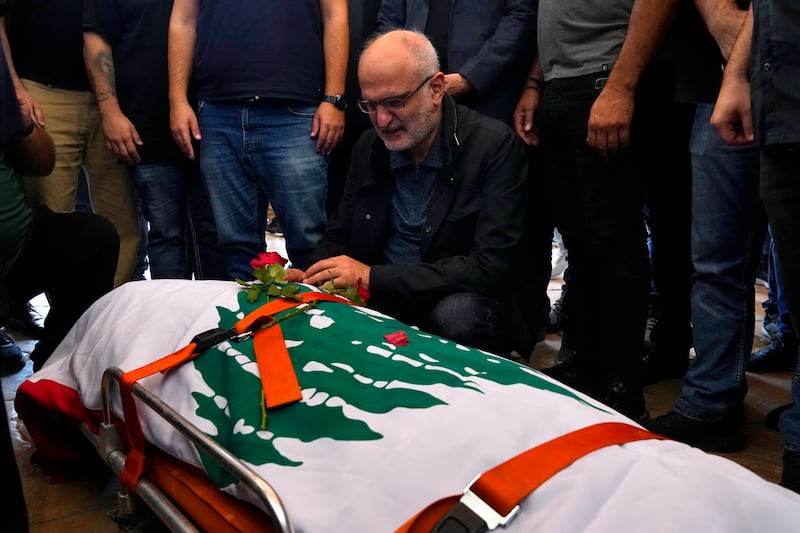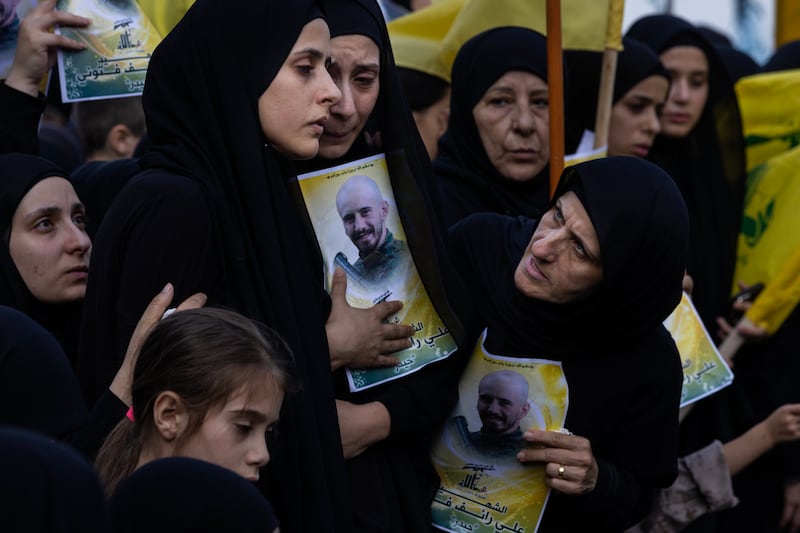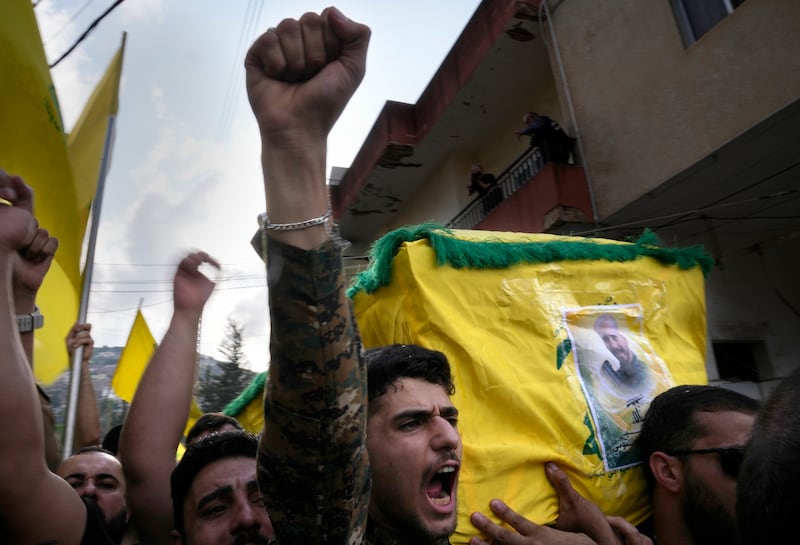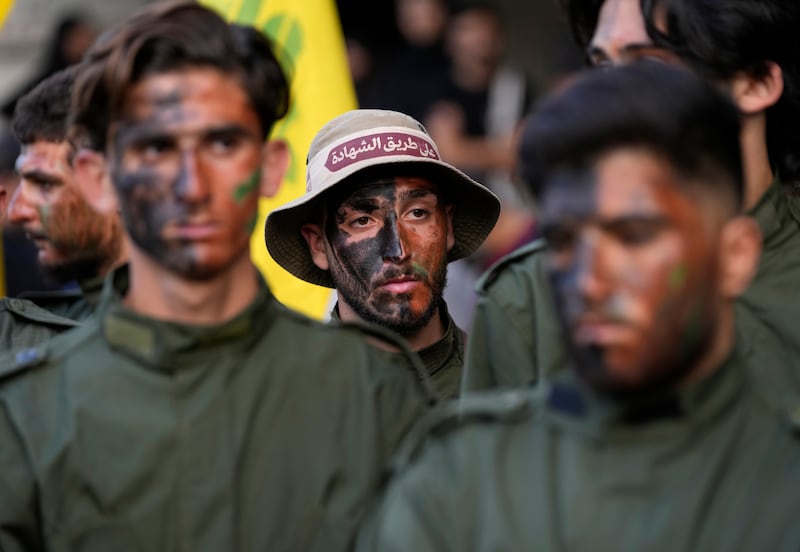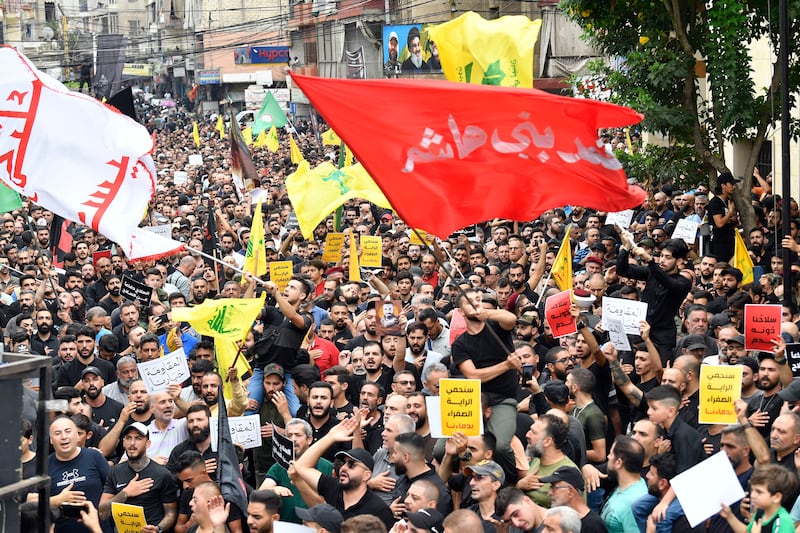French presidential envoy Jean Yves Le Drian has held discussions with senior politicians in Lebanon, expanding beyond the issue of Lebanon's year-long presidential vacuum.
On his fourth visit to Beirut in his current capacity he met with leaders from different political parties including Prime Minister Najib Mikati, parliament speaker Nabih Berri, General Joseph Aoun, Lebanese Forces leader Samir Geagea, Suleiman Frangieh, and the figurehead of the Druze community Walid Joumblatt.
Mr Mikati said he had told Mr Le Drian of the urgency to reach a ceasefire in Gaza after more than 15,000 people were killed in the Israeli bombardment of the Palestinian enclave.
The former French foreign minister also discussed the situation of Lebanon's army commander, whose term is due to expire in January, an observer said.
Some Lebanese political factions believe General Aoun's tenure should be extended, while others are vehemently opposed to this.
Mr Le Drian also discussed the UN Resolution 1701, which was adopted to end the 2006 war between neighbouring Israel and the Lebanese armed group Hezbollah. One clause of that resolution calls for the withdrawal of all armed groups south of the Litani River, with the exception of the Lebanese Armed Forces and a UN peacekeeping mission.
The clause is seen as specifically referencing Iran-backed Hezbollah, which is also a political party and wields significant influence in Lebanon.
One of Hezbollah's main power bases is south of the Litani River. Its cross-border skirmishes with Israel since the start of the October 7 Gaza conflict have led to fears Lebanon could be dragged into a wider war.
In 12 sessions the deeply divided parliament has failed to come close to electing a president. The observer said that it had become evident from the information emerging from the meetings he held that Mr Le Drian had, for the first time, called for a third way and accepted that the two main candidates from the most recent session of June 14 – Jihad Azour and Suleiman Frangieh – stood no chance of winning.
Hezbollah has refused to back down from its support for Marada leader Mr Frangieh. Its opponents, led by parliament's largest party the Lebanese Forces, say they will not step away from Mr Azour and discuss a third way until Mr Frangieh's supporters also back down.
Michel Aoun stepped down from his position as president on October 31 2022.
France is part of the so-called quintet for Lebanon, which also includes Saudi Arabia, Egypt, Qatar and the US. They have repeatedly urged MPs to elect a new president.
Mr Le Drian was appointed in June to the role of President Emmanuel Macron's envoy to Lebanon.
Lebanon does not have any relations with Israel and the two countries are technically at war. But despite that and the Lebanese government's condemnation of Israel, it has sought to prevent the country from being dragged into a wider conflict.
Mr Le Drian, who continued his meetings on Thursday, is due to make a statement later.
